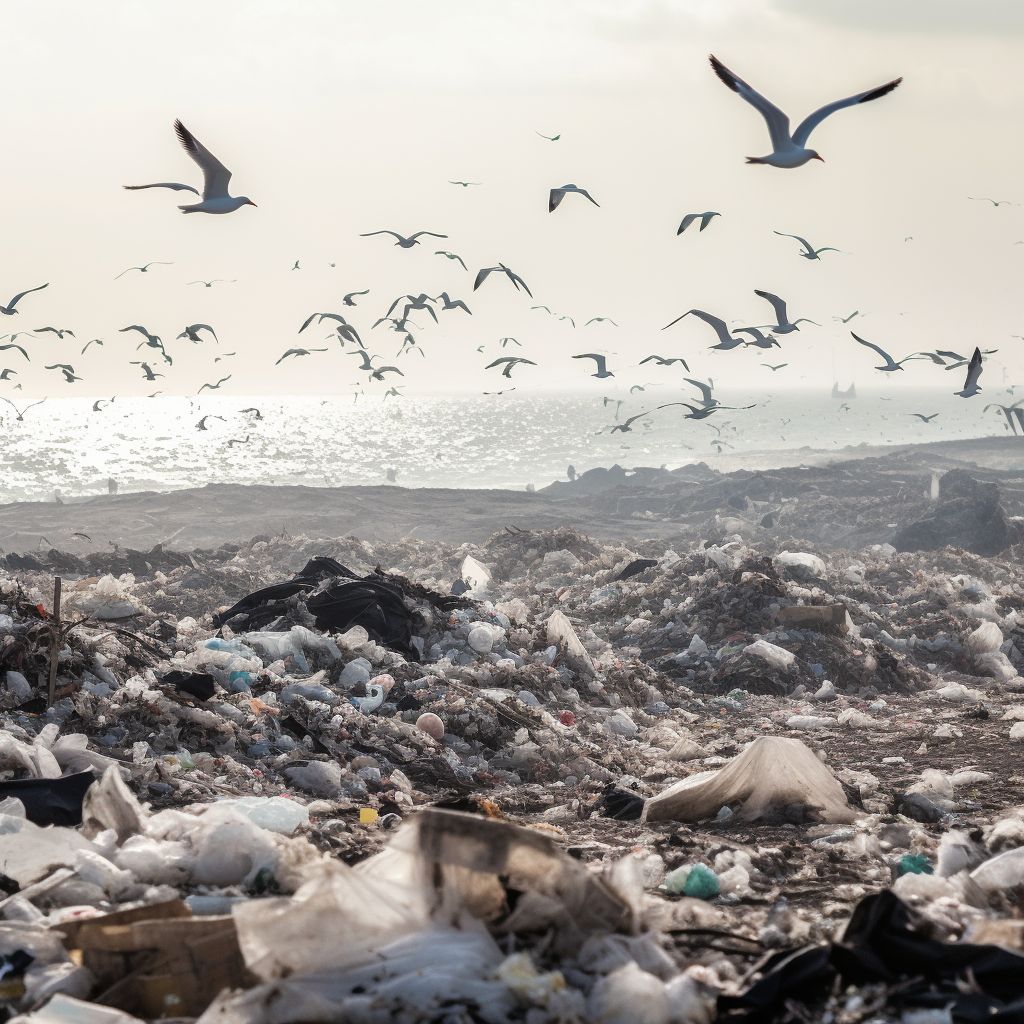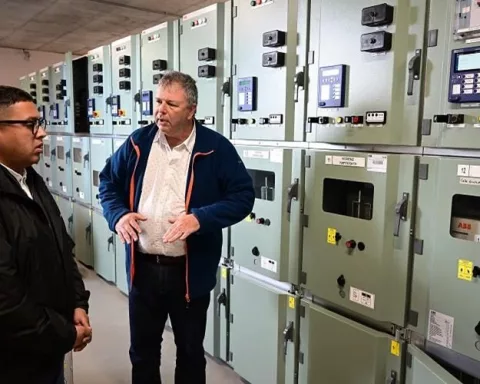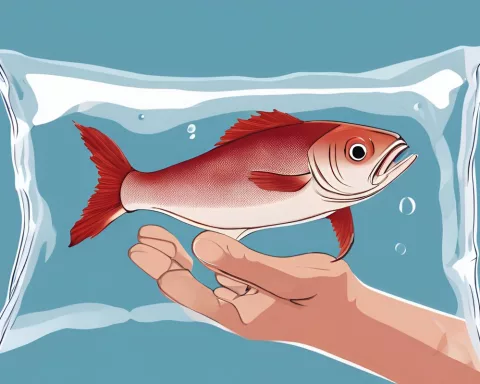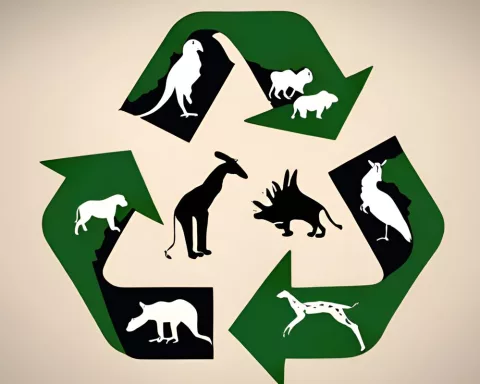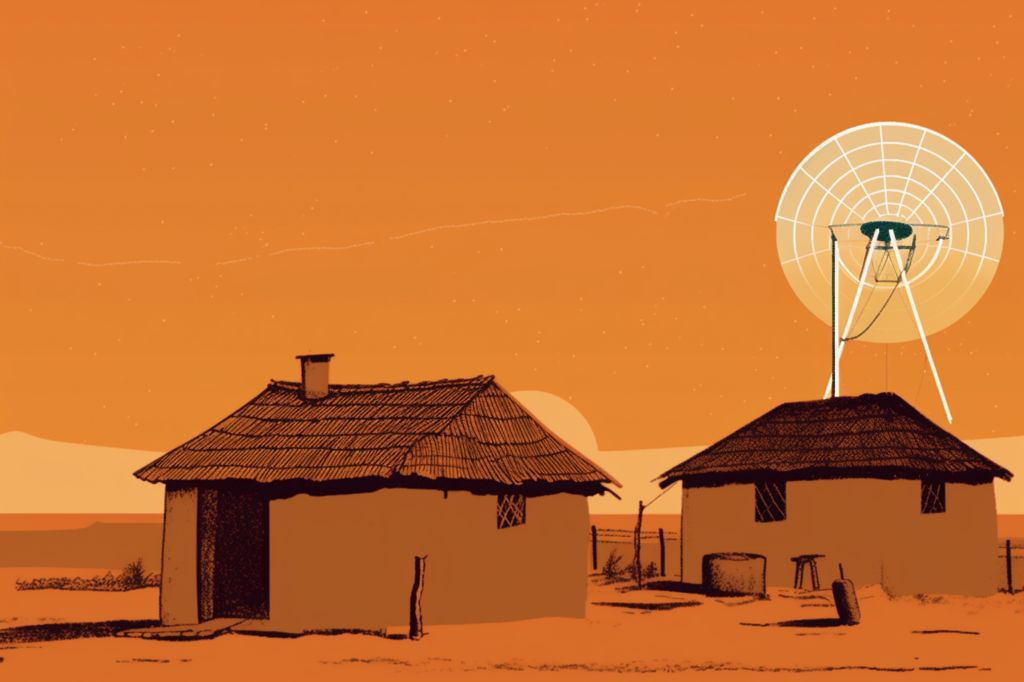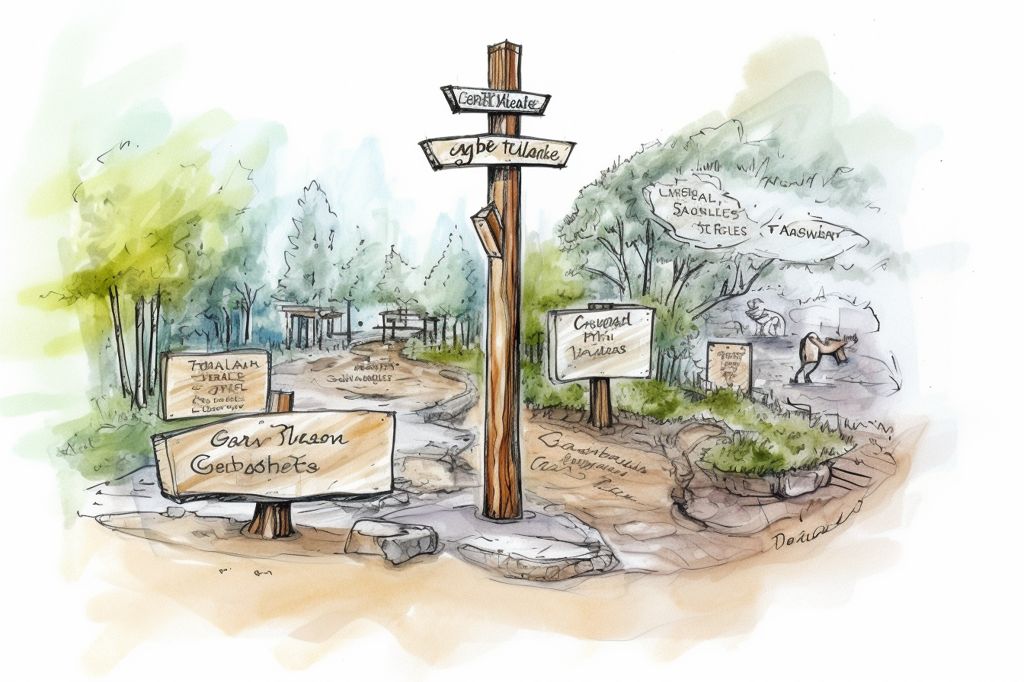Plastic pollution has become a significant global concern due to its harmful impact on the environment, wildlife, and human health. The production and disposal of plastic present several challenges that require immediate action. The second Intergovernmental Negotiating Committee (INC2) on Plastic Pollution aims to develop a comprehensive, legally binding global instrument to address these challenges.
South Africa’s Role in Plastic Production and Consumption
South Africa’s participation in the INC2 meeting is essential, given its role in plastic production and consumption. The country is the largest producer of plastic in Africa, generating an estimated 1.5 million tonnes of plastic waste annually. The government recognizes the importance of tackling plastic pollution and has implemented measures to address the issue.
South Africa’s Efforts to Tackle Plastic Pollution
In 2020, South Africa joined the United Nations Clean Seas campaign and committed to reducing marine litter and plastic pollution. The government introduced a plastic bag levy in 2004, which has led to a 50% reduction in plastic bag usage. Additionally, by 2022, the government plans to phase out certain single-use plastics, such as straws, cutlery, and cotton buds.
South Africa’s Contribution to Global Efforts
The INC2 meeting provides an opportunity for South Africa to contribute to global efforts to address plastic pollution. Minister Creecy’s stakeholder engagement meeting ensures that the country’s negotiating position reflects the interests and concerns of all stakeholders involved in the plastic lifecycle, including plastic manufacturers, recyclers, and waste pickers.
The Potential Impact of the INC2 Meeting Outcomes
The outcomes of the INC2 meeting could significantly influence the future of plastic production and consumption worldwide. A legally binding global instrument that addresses the full lifecycle of plastics would set the foundation for effective and inclusive global action towards tackling plastic pollution. South Africa’s active participation in the process demonstrates its commitment to ensuring a sustainable future for all.
South Africa’s preparations for the INC2 meeting on Plastic Pollution are a crucial step in addressing the urgent issue of plastic pollution and marine litter. Minister Creecy’s stakeholder engagement meeting will ensure that the country’s negotiating position reflects the diverse interests and concerns of all stakeholders involved in the plastic lifecycle. The outcomes of the INC2 meeting could play a vital role in shaping international policies and actions towards achieving a more sustainable future for all.

